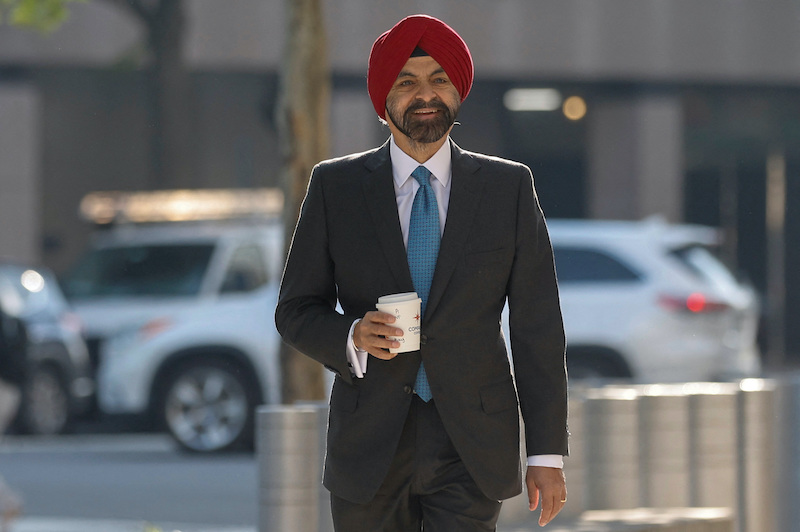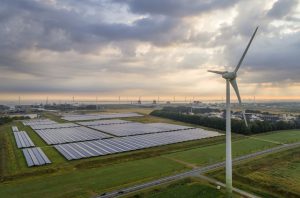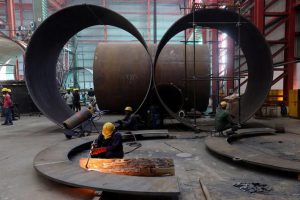New World Bank president Ajay Banga wants to encourage private investors to do more to help developing countries deal with climate change.
He says the institution needs to undertake “informed risk-taking” to help enable the leap beyond fossil-fuel energy sources.
Banga told CNN’s ‘Fareed Zakaria GPS’ program that efforts now underway to stretch the World Bank’s lending capacity and revamp its business model could potentially free up “tens of billions” of dollars – but not the estimated trillions of dollars needed to ensure a just energy transition.
ALSO SEE:
Storms Claim Lives, Destroy Crops in Northeast China
‘Renewable energy is now cheaper than fossil fuels’
Private sector capital was critical since funds from governments, philanthrophy, the World Bank and other multilateral development banks (MDBs) would never suffice to help poor countries adapt to and mitigate climate change, said Banga, a former Mastercard CEO who took office on June 2.
“The only way forward is to find a way to get the private sector to believe that this is part of their future,” said Banga, who will visit Peru and Jamaica this week as part of a tour to visit countries in every region where the bank operates.
“What I think we have to do is… to find ways in the MDB system to think of a different playbook – to take on the risks that they cannot take on,” he said.
Private companies were bound to deliver returns for shareholders and could not take on the risks involved, but the bank could help, he said.
“That’s kind of a thing that we can do with informed risk-taking,” Banga said, noting that renewable energy was now cheaper in many cases than fossil fuels due to improvements in storage and duration.
Affordable electricity was the key starting point for social and economic development in emerging economies, but new solutions were needed to avoid the “emissions-intensive growth model” followed by advanced economies, or there was no hope of curbing emissions by 2050, he added.
The Indian-born executive was nominated by the US for the job precisely because of his previous work in the private sector, and he has pledged to identify barriers for greater investment and find ways to maximize the bank’s impact.
Banga told CNN he would also work closely with other multilateral lenders and development organizations, noting that he would be joined in his visits this week by Inter-American Development Bank president Ilan Golfajn.
“We need so much to be done. We need all shoulders at the wheel,” he said. “What we don’t need is silos in this effort.”
- Reuters with additional editing by Jim Pollard
ALSO SEE:
World Bank Lifts China GDP Forecast and 2023 Global Outlook
World Bank Push For More Funds, Ways to Fight Climate Change
World Bank Must do More to Lead Global Energy Shift: Yellen
























